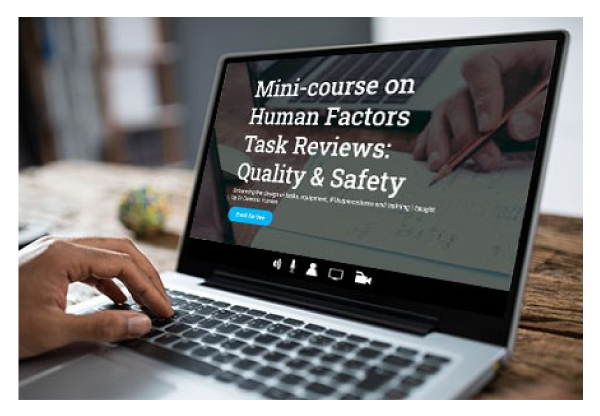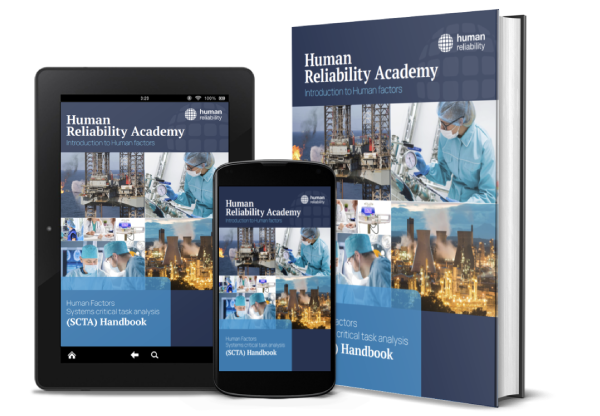SYSTEMS Critical Task Analysis (SCTA): A Case Study for Quality Improvement (QI)
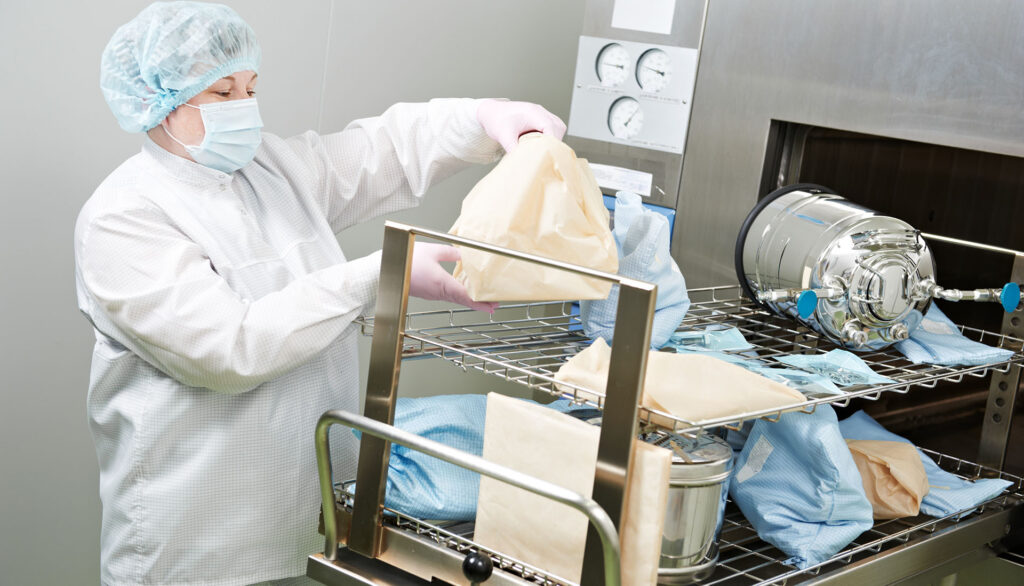
This is our latest blog post on SYSTEMS Critical Task Analysis (SCTA) and how it can enhance Quality Improvement (QI). With over 15 years in human factors across diverse sectors, I’ve seen firsthand how SCTA can elevate human performance in complex environments.
SCTA Workflow: Where the rubber hits the Human Factors Roadmap

Following her last blog, Lydea shows how the SCTA process can be used as a way to implement the HF Roadmap in practice
Navigating the Human Factors Roadmap: Part 1
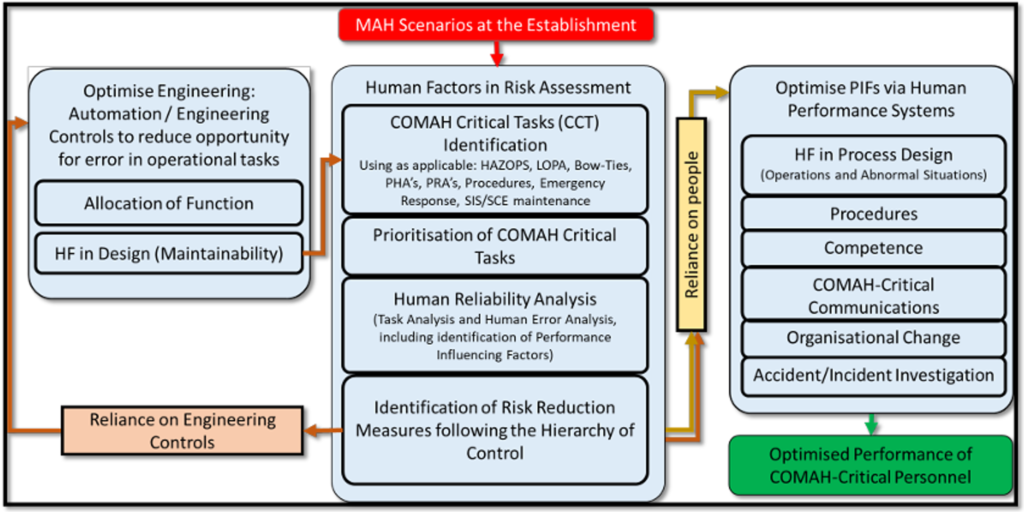
In this blog series, Lydea describes the steps of the HF Roadmap and how the SCTA process aligns with the roadmap.
Organisational learning – how mature is your organisation?

Following his last blog on safety culture in healthcare, Steve describes the traits of a healthy reporting culture, its impact on organisational learning and the need to adopt a proactive approach to risk and safety.
Applying Safety Critical Task Analysis (SCTA) to a hazardous task: Indoor Rope Climbing

Recently, I started taking on indoor rope climbing. Having been on both ends of the rope, I was curious about how this would look from a Safety Critical Task Analysis (SCTA) perspective.
Introduction to Human Factors SYSTEMS Critical Task Analysis (SCTA): Going beyond safety

In a world where efficiency, productivity, and excellence are paramount, organisations are constantly seeking methods to optimise their processes, streamline operations, and meet their objectives. One such approach is SYSTEMS Critical Task Analysis (SCTA). CTAs are most typically used for safety assessment. Systems CTA extends this focus to other applications such as enhancing efficiency, improving quality, and optimizing processes.
A System Safety Revolution: Drawing Parallels Between Formula 1 and Human Factors

In the heart-pounding world of Formula 1, the phrase “life on the limit” once carried a chilling connotation. Formula 1’s early years were fraught with danger, prompting a paradigm shift from accepting risks to drivers, stewards and the crowds, to embracing system changes and safety enhancements.
Best practices for writing SOPs (Part 1)
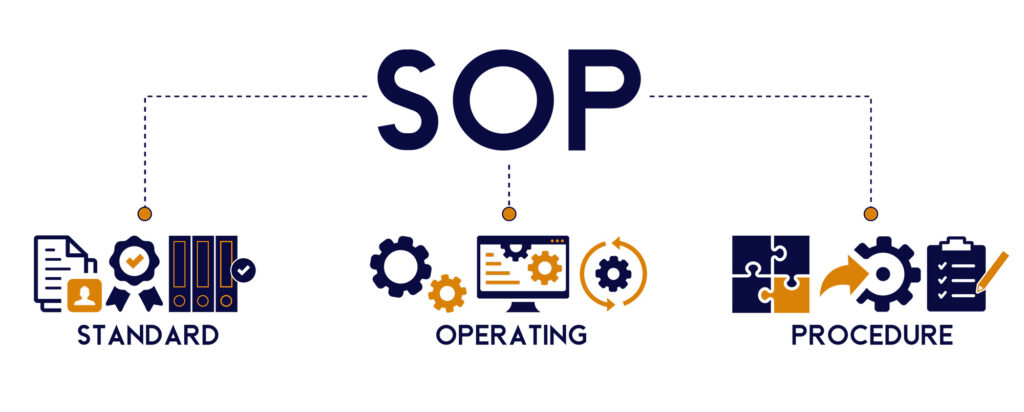
In any organisation, SOPs play an integral role in optimising operational efficiency and minimising human error. Here are our recommendations for best practice.
Human Error: Errordinary to the Extraordinary!

The same psychological mechanisms that underly errors in our ordinary, everyday life are also at play in the most extraordinary events that we see in the headlines. The positive message is that we can understand these mechanisms and do something about it.
Chocolate Pancakes: From hierarchical task analysis to optimising human performance

With it being pancake day in the UK (everyone makes pancakes on Shrove Tuesday), I thought I would write about them.






